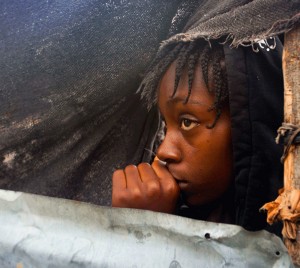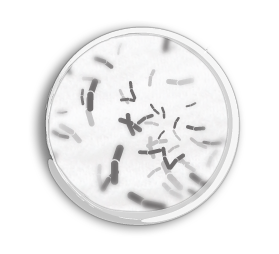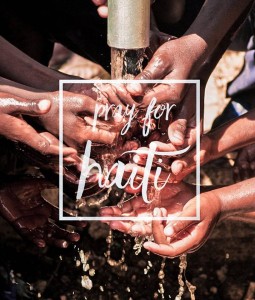Haiti (MNN) — As Hurricane Matthew’s high waters recede from Haiti, they are revealing the storm was far deadlier than originally thought.
 (Photo courtesy of Living Water International)
(Photo courtesy of Living Water International)
The death toll, according to Reuters, jumped past 1,000 in Haiti. Even that number isn’t sure. Haiti’s central civil protection agency, which visually confirms victims, said 336 people died. Hundreds are missing. Survivors still in emergency shelters number in the tens of thousands. Hundreds of thousands who lost their homes and everything in them need immediate food, water, shelter, and clothing assistance.
‘Back to normal’ isn’t going to happen in the near future for those in Matthew’s strike zone. Hubert Morquette is the country director of Living Water-Haiti. “A lot of homes are destroyed, bridges are destroyed, and schools are destroyed. The government asked for the schools to start again Monday. We don’t think that is possible because a lot of those schools have been destroyed. Churches have been destroyed.”
The Haitian government has asked Living Water to bring relief by providing water and hygiene to people in need. Now, more than ever, proper sanitation and hygiene is urgently needed to halt the spread of deadly diseases caused by unsafe water.
Morquette explains, “We are mostly afraid of a cholera outbreak in this area of Cabaret (the west) because there are a lot of people who got cholera from Cabaret, who died. We have also programs in the north, where we are afraid of getting a cholera outbreak in those two areas.” LWI has served in Haiti since 2004.
 (Image courtesy of Living Water International)
(Image courtesy of Living Water International)
This year, Living Water Haiti began focusing its efforts in Cabaret, West Haiti (the country’s first WASH Program Area, or WPA) and Dondon, North Haiti, by providing water access points, training Community Health Club members, and developing relationships with local authorities, church organizations, and community based organizations.
The water projects are well protected, he says. “We don’t think there will be contamination of the aquifer,” however, “the problem is if the people get the water, even though the water is good and clean, they can contaminate the water.”
Cholera has persisted since the 2010 earthquake. Its presence means it could spread rapidly without a quick response now. “Right now, what we are trying to do is work with the schools, work with the facilitators in the community, work with the churches to start educating them, to start reminding them of hygiene information, sanitizing them.”
Morquette says the next phase started simultaneously. “The second thing is to use chlorine, disinfect the water, tell them to wash their hands, tell them to wash everything they will be consuming.”
 (Photo courtesy of Living Water International)
(Photo courtesy of Living Water International)
Another day, another disaster in Haiti. People are rebuilding life, again. The poorest country in the Northern Hemisphere hasn’t recovered yet from the 2010 quake. The Haitian people will need the hope that can only come through Jesus Christ, says Morquette.
“We work through the pastors. We work through the leaders in the community. They know who we are. We are there because of Jesus, because we love the people, and because we want them to lead a good life.”
He also says a relief response will take money. It takes money to buy food, medicine and supplies. They also can’t afford to wait till all of the funds come in before responding, which is why they’re asking for help.
Their team of 34 is mobilized and waiting for the word ‘go’. “It will be easy for us going through the church and equipping the church so the church can respond to the needs of the people, with our help.”
In the liturgy of ‘pray, give, go’, he asks you to pray for wisdom for their team, but also, “Be praying for those who are trouble, those who are crying.”